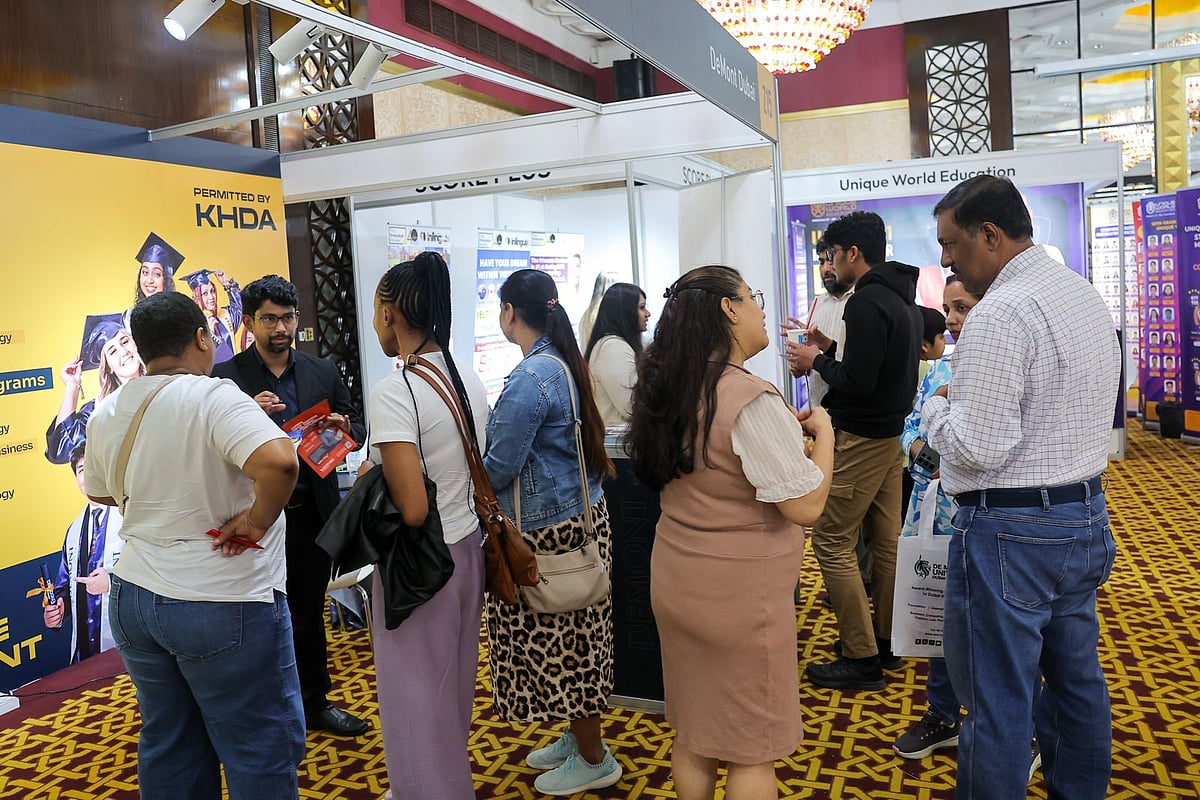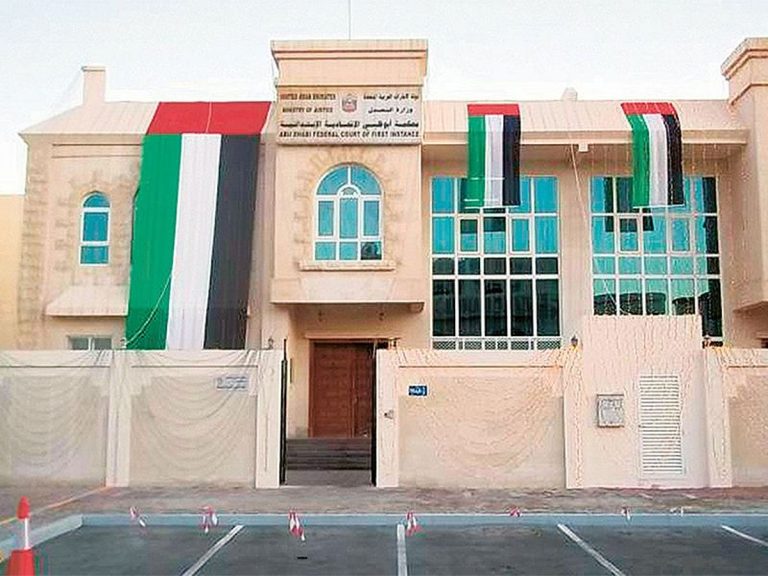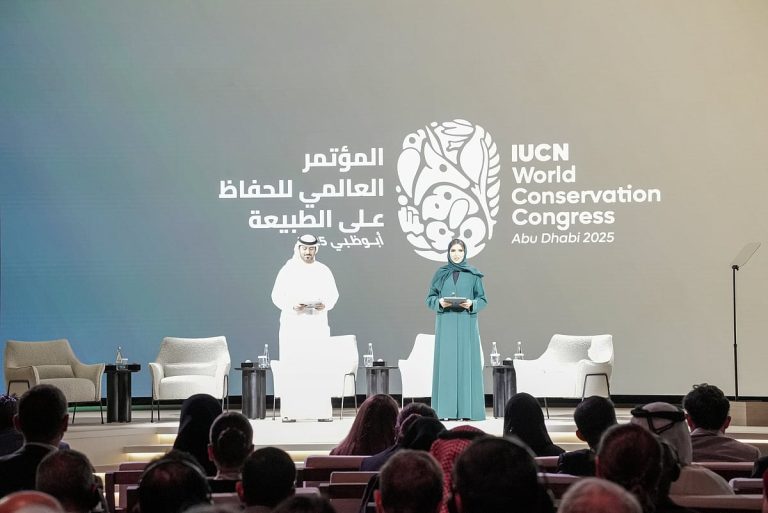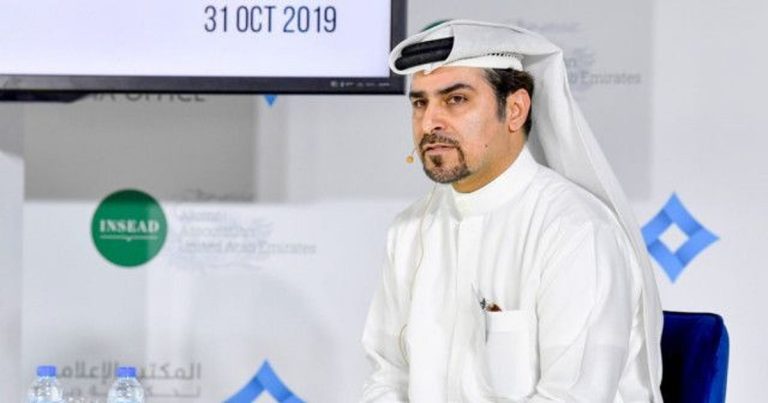Transforming Engineering Education in the UAE
In the United Arab Emirates, universities are evolving their engineering programs to better prepare graduates for the demands of a rapidly changing job market. This transformation focuses on integrating practical learning experiences with traditional academic knowledge, ensuring that students are equipped with both technical skills and essential soft skills. At the Gulf News Edufair in Abu Dhabi, Prof. B. G. Prakash Kumar from BITS Pilani, Dubai Campus, discussed the innovative approaches being adopted to bridge the skills gap in engineering education.
The Skills Gap in Engineering
Despite having strong technical foundations, many engineering graduates find it challenging to meet the evolving needs of the industry. Prof. Kumar emphasized that the skills gap is not solely about technical knowledge; it also involves mindset and work habits. “Adaptability and time management are critical when graduates enter the workforce,” he stated. He noted that employers increasingly seek candidates who can handle pressure and solve complex problems effectively.
Importance of Soft Skills
In addition to technical expertise, Prof. Kumar highlighted the significance of soft skills such as communication and leadership. “Students must develop these skills through teamwork and real-world exposure,” he explained. Leadership abilities, including initiative and adaptability, are essential for shaping successful professionals in today’s competitive landscape.
Mentorship Programs
To address the skills gap, BITS Pilani Dubai has implemented a mentor-mentee program. This initiative pairs students with faculty members who guide them from their first year through to graduation. Regular meetings allow students to discuss their goals and challenges, fostering essential skills and building confidence. This mentorship model aligns academic objectives with professional growth, ensuring students remain focused throughout their studies.
Industry Collaboration
Another innovative approach is the Industry Connect program, which aims to enhance the relevance of classroom learning. Prof. Kumar noted that professionals from various sectors teach approximately 20% of the course content, providing students with direct insights into workplace expectations and technologies. This collaboration helps bridge the gap between academic learning and real-world applications, making students more employable upon graduation.
Structured Internships
The university is also redefining the internship experience to be more structured and outcomes-based. Traditional internships often lack direction, but BITS Pilani has developed a comprehensive 7.5-month internship program. Faculty members regularly visit internship sites to monitor student progress and provide guidance, ensuring that students actively contribute to their host companies rather than merely observing.
Project-Based Learning
Hands-on, project-based learning is another cornerstone of the engineering curriculum at BITS Pilani. The initiative, known as Sparkle, encourages students from all academic years to collaborate on real-world projects. This long-term, collaborative approach allows students to engage in research, innovation, and problem-solving from concept to completion, further enhancing their readiness for the workforce.
The Future of Engineering Education
As Prof. Kumar pointed out, the future of engineering education lies in merging academic excellence with real-world exposure. Universities are increasingly focused on redefining learning experiences to produce graduates who are ready to enter the workforce from day one. This shift not only benefits students but also meets the growing demands of the industry.
FAQs
What is the main focus of the new engineering education approach in the UAE?
The new approach emphasizes practical learning, industry collaboration, and the development of both technical and soft skills to better prepare students for the workforce.
How does the mentor-mentee program work at BITS Pilani?
The program pairs students with faculty mentors who guide them throughout their academic journey, helping them discuss goals and challenges while building essential skills.
What changes have been made to internships at BITS Pilani?
Internships have been restructured to be more outcomes-based, with faculty monitoring student progress and ensuring they actively contribute to their host companies.
Conclusion
The engineering education landscape in the UAE is undergoing significant transformation, focusing on practical skills and industry collaboration. By implementing mentorship programs, structured internships, and project-based learning, universities are preparing graduates to meet the demands of a dynamic job market. As these initiatives continue to evolve, students will be better equipped to succeed in their professional careers.
Also Read:
Gulf News Edufair Abu Dhabi 2025 Kicks Off with Excitement







